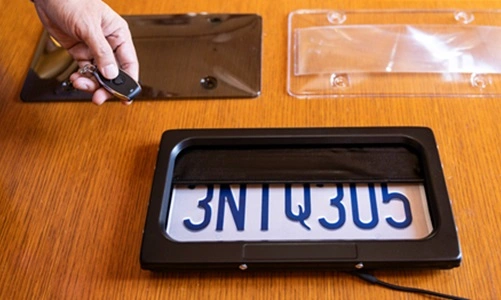Yes, it is illegal to impersonate a lawyer in the United States. Representing oneself as a licensed attorney without the appropriate qualifications or authorization constitutes a serious offense known as unauthorized practice of law (UPL). This crime is punishable under both state and federal laws and can result in significant legal and financial penalties.
Understanding the Unauthorized Practice of Law (UPL)
1. What Constitutes Impersonation of a Lawyer?
- Impersonating a lawyer involves falsely claiming to have the qualifications, licensing, or authority to practice law.
- Activities that qualify as practicing law without a license include:
- Giving legal advice.
- Representing someone in court.
- Drafting legal documents such as contracts or wills for others.
2. State-Specific Laws on UPL
- Most states have statutes that explicitly prohibit the unauthorized practice of law.
- For example, California Business and Professions Code §6125 states that only active members of the State Bar can practice law.
- Similarly, Texas Penal Code §38.122 makes it a felony to falsely claim to be a lawyer or to provide legal services without authorization.
3. Intent to Deceive
- To be charged with impersonation, intent to deceive or defraud is usually required. This includes situations where an individual impersonates a lawyer to gain financial benefit, influence, or other advantages.
Legal and Ethical Implications of Impersonating a Lawyer
1. Criminal Penalties
- Impersonating a lawyer can result in misdemeanor or felony charges depending on the state and circumstances.
- Penalties may include fines ranging from $1,000 to $10,000 and imprisonment for up to five years or more.
2. Civil Liability
- Victims of legal impersonation can sue for damages, including compensation for financial losses, emotional distress, and punitive damages.
3. Harm to Clients
- Individuals who impersonate lawyers and provide incorrect legal advice can cause significant harm to clients, including loss of cases or financial ruin. Courts may impose additional penalties to address these consequences.
4. Damage to Legal Profession
- Impersonating a lawyer undermines public trust in the legal profession and can lead to stricter enforcement of regulations.
Exceptions and Grey Areas
1. Self-Representation
Individuals are allowed to represent themselves in court (pro se representation) without it being considered the practice of law.
2. Legal Advice from Non-Lawyers
Non-lawyers may offer general advice, such as information on legal procedures, but they cannot offer personalized legal advice or represent someone in court.
3. Paralegals and Legal Assistants
Paralegals may assist in legal matters under the supervision of licensed attorneys but cannot independently provide legal advice or services.
4. Student Practice
Law students in accredited programs may represent clients under specific circumstances, such as in legal clinics, but only with proper supervision and authorization.
Recent Cases of Lawyer Impersonation
1. High-Profile Fraud Cases
- In 2022, several individuals across the U.S. were prosecuted for impersonating attorneys, highlighting the growing concern over this issue. In some cases, the impersonators caused financial losses and legal complications for their victims.
2. Technology and Legal Services
- The rise of online legal services has led to increased cases of individuals falsely claiming to be lawyers on digital platforms. Regulatory bodies are actively monitoring these platforms to prevent fraud.
How to Verify a Lawyer’s Credentials
1. Check State Bar Associations
Most states maintain an online directory of licensed attorneys. Consumers can search by name or bar number to verify credentials.
2. Request Certification
Always ask for proof of bar membership and credentials if you have doubts about an attorney’s legitimacy.
3. Watch for Red Flags
Beware of individuals offering unusually low fees or claiming guaranteed results, as these are often signs of fraud.
Related FAQs
Q1. What is the penalty for impersonating a lawyer?
Ans: Penalties vary by state but can include fines of up to $10,000 and prison sentences of up to five years or more.
Q2. Can I represent someone in court if I’m not a lawyer?
Ans: No, only licensed attorneys can represent others in court. Representing someone without a license constitutes the unauthorized practice of law.
Q3. Is it illegal to give legal advice if I’m not a lawyer?
Ans: Yes, giving personalized legal advice without being licensed is illegal and may lead to UPL charges.
Q4. Can paralegals act as lawyers?
Ans: No, paralegals can only assist licensed attorneys and cannot provide legal advice, represent clients, or sign legal documents independently.
Q5. How do I report someone impersonating a lawyer?
Ans: Report suspected impersonation to your state’s bar association or attorney general’s office. You may also file a complaint with local law enforcement.
Conclusion
Impersonating a lawyer is a serious offense that carries significant legal consequences, including fines, imprisonment, and civil liability. To protect yourself and others, verify the credentials of any individual claiming to be an attorney and report any suspicious activity to the appropriate authorities. Upholding the integrity of the legal profession is vital to ensuring public trust and justice.


